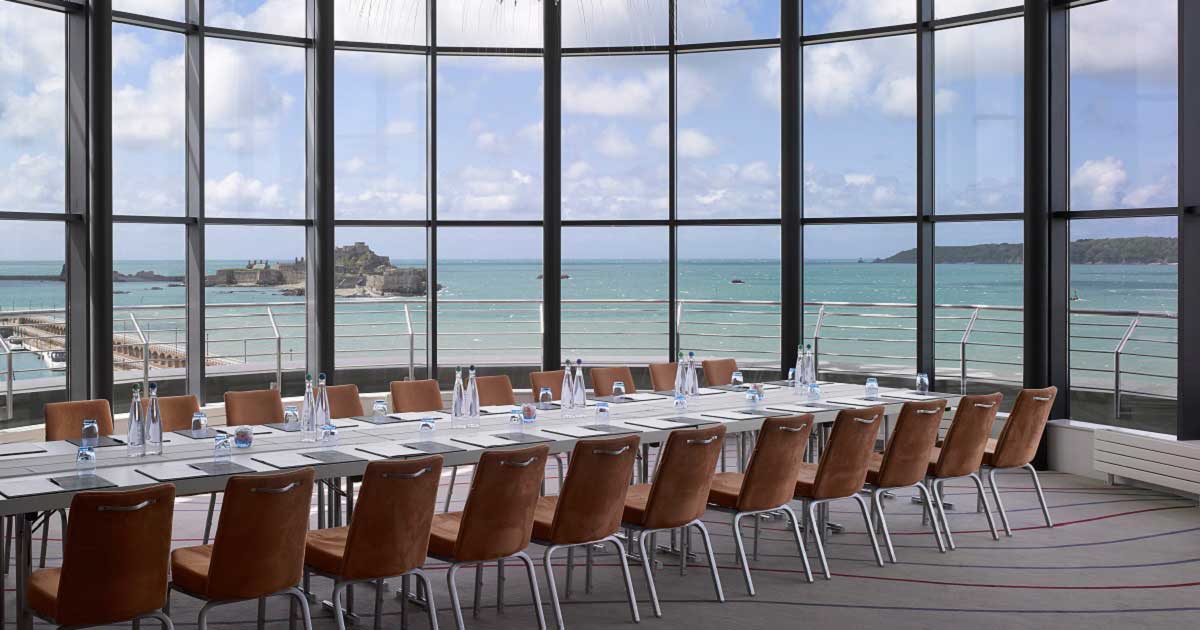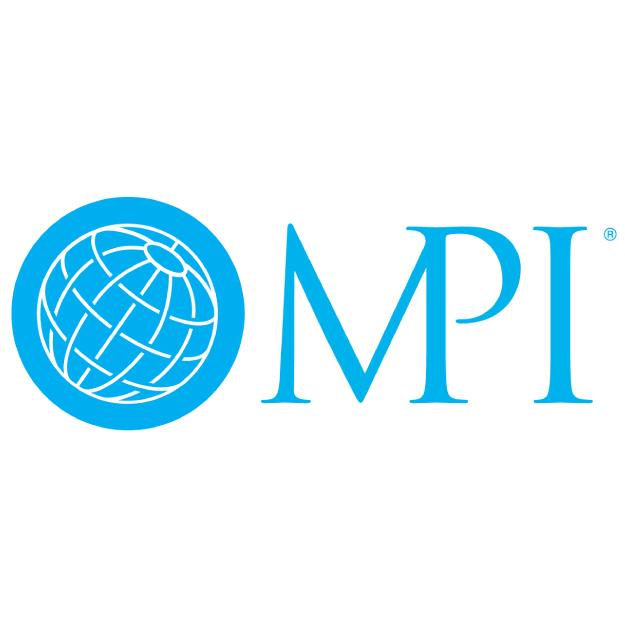If you’re planning an event to resonate with younger audiences, you need to consider the increasing importance that they place sustainability and the environment.
Clients with a strong corporate culture based on sustainability consider this aspect when making choices throughout the entire planning process: from the event location and venue choice to event agenda and food menus.
We spoke to Inge Huijbrechts, Global Senior Vice President Responsible Business and Safety & Security, to find out how Radisson Hotel Group is working together with partners and clients to spread sustainable practices across the industry.
Why is sustainability becoming so important for the events industry, and what does it mean for you?
The mobilization of the world’s youth to tackle climate change and the focus on plastics show how much attention society is paying to sustainability.
This is also the case in the events industry. There are higher demands from event organizers and greater expectations of venues. After all, how can corporations hold meetings and events without thinking about sustainability and social responsibility if that’s what their companies stand for?
And for us, sustainability is a critical part of being a responsible business, so we’ve created a global program built on three pillars: think people, think community, and think planet. We have an ambitious five-year plan for the company overall, which includes an essential section on responsible business and sustainability.
Our new meetings and events concept, Radisson Meetings, also reflects this commitment to sustainability. Through automatic carbon offsetting, we offer 100% carbon-neutral meetings to clients as part of our think planet strategy and our efforts to reduce the footprint of our hotels globally. Think community is about engaging with local organizations, on providing food, shelter and better futures to children and youth in more than 100 countries, and think people is our commitment to business ethics, human rights, safety and people development.
What does sustainability mean in practice? We start by reducing the footprint of the hotels, and ensuring that our hotels are investing in making their footprints as small as possible. This includes their carbon footprint, water and energy usage, and overall waste. This is a main focus of our work. To do this, we also look at the building envelope, such as the technical installations in the building, the cooling, the heating, and the hot water provision to make sure that we can bring the footprint down.
Our Radisson Blu Waterfront hotel in Stockholm, for example, has a huge conference center and a sophisticated building management system that detects how many people are in a meeting room and works out how much cooling and fresh air the room needs – it adjusts the supply to the demand and uses the optimal level of energy.
Since 2010, we’ve reduced the footprints of our hotels globally by 20%, including our energy, carbon, and water footprints. And we’re looking to reduce that by a further 10% by 2022.
How are you helping events planners to run more sustainable events?
First and foremost: we turn emissions into impact with our 100% carbon neutral meetings. We’re proud to be the only hotel group which is automatically offsetting the carbon footprint for every single meeting and event taking place at our hotels. Each year we offset more than 38,300 CO2e tones which is the equivalent of taking 8,300 cars off the road.
Radisson Meetings’ global footprint is offset in partnership with First Climate, one of the world’s largest carbon offset organizations, and through projects that help reduce greenhouse gas emissions and have a positive social impact.
Another example is our food offering. We offer local and seasonal food, and if the meeting planner chooses to include some of our vegetarian options, the carbon footprint of their event will be significantly lower. We also steer our hotels and clients toward serving drinks in glass bottles, instead of PET ones, and to use as much as possible the modern on-site AV technology instead of distributing printed materials.
Event organizers may not be asking for such sustainable practices as a first focus, but they expect them to be part of the offer – they expect sustainability to be part of the conversation.
What’s the key to doing sustainability well?
For leading companies who have been working on sustainability for decades now, it's no longer just a sustainability team working in a corner – sustainability is embedded in everything they do and in how they position their products and services.
It’s this integration of sustainability into everything the business does that’s a clear indication of a truly mature and responsible business model, and stands that business apart from the rest. The ne plus ultra is if sustainability becomes the corporate strategy, as with Unilever under CEO Paul Polman.
Achieving sustainability goals also comes down to effective measurement – of a business’s footprint and its impact. This is where you see really advanced work on sustainability and social engagement. A number of our clients simply ask us for the carbon footprint of the business they do with us. This is why carbon-neutral meetings are so important: if a corporation is calculating their carbon footprint – which includes business travel and our meetings – Radisson Meetings helps reduce their overall footprint.
How can collaboration help to address sustainability issues and raise standards?
I'm a firm believer in partnerships to drive sustainability. It's always hard to impose a global standard for something – it needs to come from collaborations instead.
For instance, we are an active member of the International Tourism Partnership – a powerful hotel industry platform on sustainability. This is a pre-competitive collaboration between the largest hotel companies in the world. And one of the things we did was define a standard measurement tool for respectively carbon and water footprints at hotels, which is now offered for free for anyone to use. Any hotel, event location, or even convention center can use it to calculate their carbon footprint.
We’ve also subscribed to the International Tourism Partnership’s four long-term goals, and are working on how to reach them with our own company strategy. The four goals are on carbon, water use, youth employment, and human rights, and support the realization of the UN Sustainable Development Goals. Collectively, the main hotel companies have defined that those four are the relevant topics for a responsible and sustainable hotel industry.
We also work very closely with the Events Industry Council, which is producing tool kits and materials that help to make the meetings and events industry more environmentally friendly. Through this partnership, for example, we were a co-sponsor of sustainable meeting certification training at Sustainable Brands’ International conference, which allowed meeting planners to be receive the ‘Sustainable Event Professional Certificate’.
The program was a great success – there is clearly demand from meeting planners to learn more about how to plan responsible and sustainable meetings.



